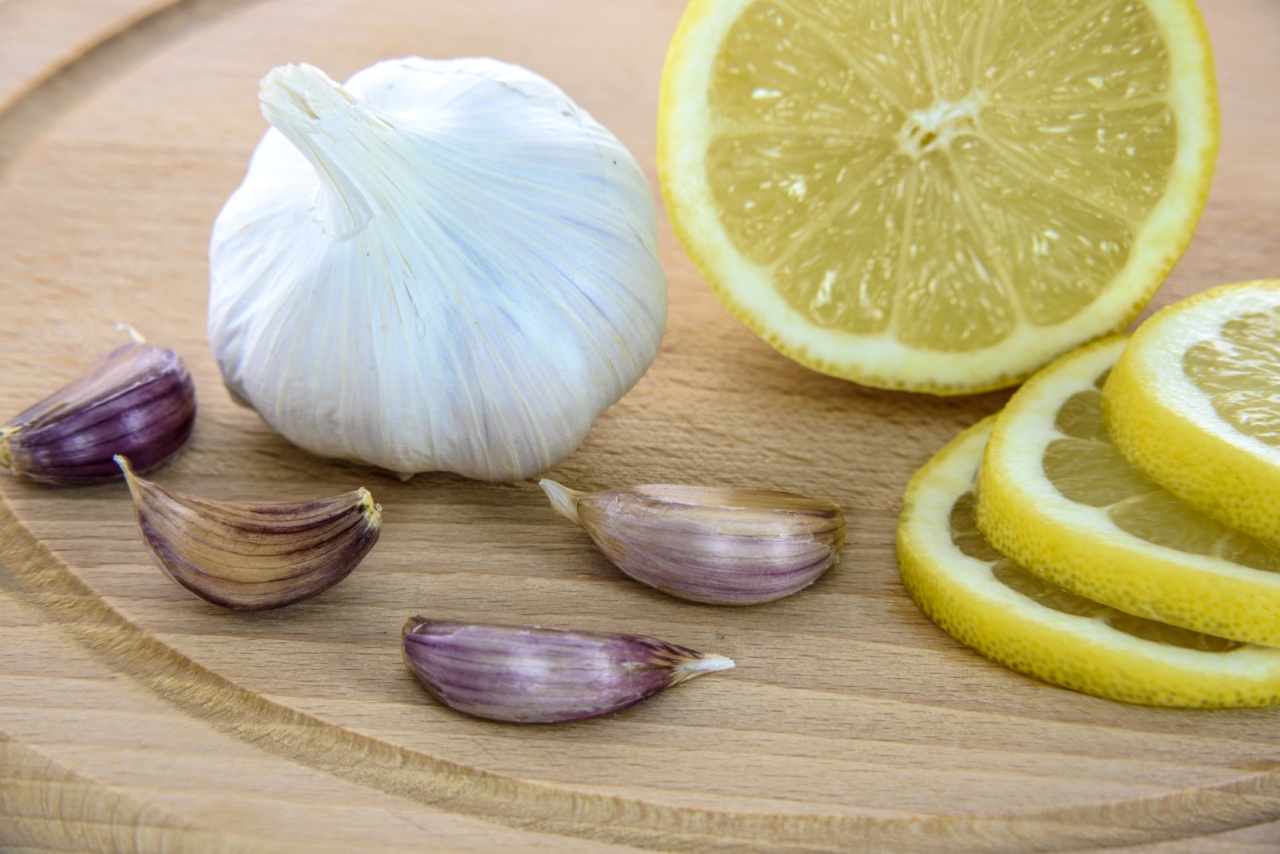Dogs are man’s best friend, which is why it is important to provide them with the best care possible. Part of this care includes their diet, which plays a significant role in maintaining their overall health.
A dog’s digestive health is essential to ensuring that they remain happy and healthy.
Digestive problems such as constipation, diarrhea, bloating, and even vomiting can adversely affect your dog’s health. However, with the right diet, you can improve your dog’s digestive health and prevent these problems from occurring.
One way of improving your dog’s digestive health is by adding antioxidant-packed vegetables to their diet.
What are Antioxidants?
Antioxidants are compounds that help prevent and repair cell damage caused by free radicals.
Free radicals are unstable molecules that are produced naturally in the body as a result of metabolism, but they can also come from external sources such as pollution, cigarette smoke, and UV radiation.
Free radicals can cause oxidative stress, which is associated with a wide range of health problems, including cancer, cardiovascular disease, and neurodegenerative diseases such as Alzheimer’s.
Antioxidants help by neutralizing free radicals before they can cause damage to the cells.
Thus, incorporating antioxidant-rich foods in your dog’s diet can help boost their immune system and improve their overall health, including their digestive health.
Benefits of Vegetables for Digestive Health
Vegetables are packed with nutrients that are vital for your dog’s health, including vitamins, minerals, and fiber. Fiber is particularly essential for digestive health because it helps to regulate bowel movement and maintain a healthy gut flora.
Fresh vegetables are also low in calories and fat, making them a great addition to your dog’s diet if they need to lose weight or maintain a healthy weight.
Adding vegetables to your dog’s diet can also help reduce the risk of inflammation and other chronic diseases. Vegetables contain anti-inflammatory compounds that help reduce inflammation in the body.
Best Vegetables for Digestive Health
When it comes to choosing the best vegetables for your dog’s digestive health, you want to focus on those that are high in fiber and antioxidants. Here are some of the best vegetables to include in your dog’s diet:.
1. Sweet Potatoes
Sweet potatoes are a great source of fiber, vitamins, and antioxidants. They are also low in fat and calories, making them an excellent choice for dogs that need to lose weight or maintain a healthy weight.
Sweet potatoes are also an excellent source of vitamins C and A, which are essential for maintaining a healthy immune system.
2. Spinach
Spinach is an excellent source of vitamins A and K, as well as iron, calcium, and fiber. It also contains antioxidants that help prevent cell damage and reduce inflammation in the body.
However, spinach should be given in moderation, as it contains oxalates, which can cause kidney problems in dogs when consumed in large quantities.
3. Broccoli
Broccoli is another excellent source of vitamins A and K, as well as fiber and antioxidants. It is also low in calories and fat, making it an ideal choice for dogs that need to lose weight or maintain a healthy weight.
However, like spinach, broccoli should be given in moderation, as it can cause gastrointestinal problems in dogs when consumed in large quantities.
4. Carrots
Carrots are rich in vitamins A and K, as well as fiber and antioxidants. They are also low in calories and fat, making them an excellent choice for dogs that need to lose weight or maintain a healthy weight.
Additionally, carrots are beneficial for dental health, as their texture helps to clean the teeth and gums.
5. Brussel Sprouts
Brussel sprouts are rich in vitamins A and C, as well as fiber and antioxidants. They are also low in calories and fat, making them an excellent choice for dogs that need to lose weight or maintain a healthy weight.
However, like spinach and broccoli, they should be given in moderation, as they can cause gastrointestinal problems in dogs when consumed in large quantities.
How to Incorporate Vegetables into Your Dog’s Diet
Adding vegetables to your dog’s diet can be done in several ways:.
1. Cooked
Cooked vegetables, such as sweet potatoes, carrots, and broccoli, can be added to your dog’s meals. The vegetables should be cooked until they are soft, as this makes them easier to digest.
2. Raw
Leafy greens such as spinach and brussel sprouts can be added to your dog’s diet raw. However, they should be finely chopped and mixed in with your dog’s regular food so that they do not cause any gastrointestinal problems.
3. As Treats
Some dogs may not be keen on eating vegetables. In this case, you can try giving them vegetables as treats. For example, you can offer them a carrot stick or a small piece of sweet potato.
Conclusion
Antioxidant-rich vegetables are not only beneficial to humans but to dogs as well. Incorporating these vegetables into your dog’s diet can help improve their digestive health, boost their immune system, and prevent chronic diseases.
However, it is essential to feed these vegetables in moderation and to ensure that they are prepared correctly to avoid any adverse effects on your dog’s health.
By making the right dietary choices for your dog, you can ensure they lead a long and happy life.




























